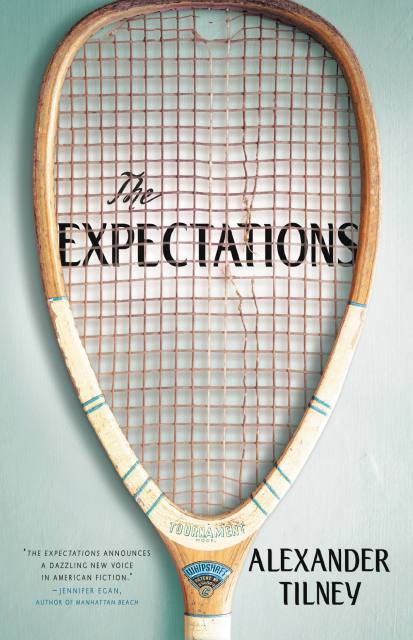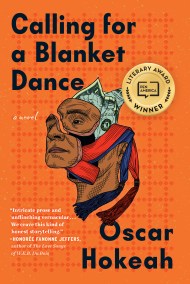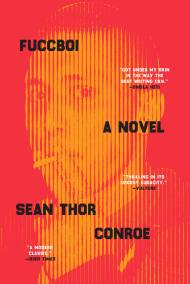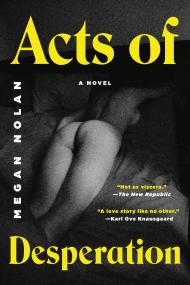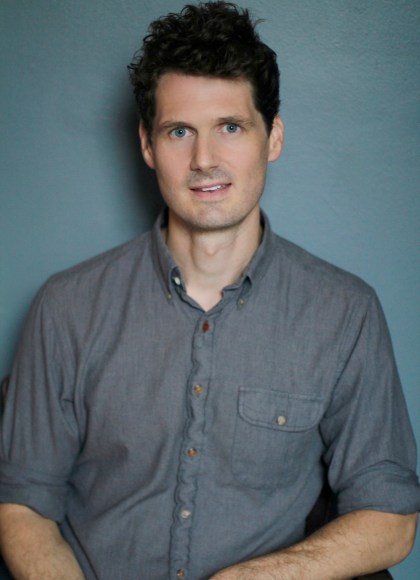Promotion
Use code MOM24 for 20% off site wide + free shipping over $45
The Expectations
Contributors
Formats and Prices
Price
$13.99Price
$17.99 CADFormat
Format:
- ebook $13.99 $17.99 CAD
- Audiobook Download (Unabridged)
- Trade Paperback $21.99 $28.99 CAD
This item is a preorder. Your payment method will be charged immediately, and the product is expected to ship on or around July 16, 2019. This date is subject to change due to shipping delays beyond our control.
Also available from:
St. James is an exclusive New England boarding school known for grooming generations of leaders. Ben Weeks is a true insider — his ancestors helped found St. James, his older brother taught him all the slang, and he’s just won a national championship in squash.
But after fourteen long years of waiting, Ben arrives at school only to find that the reality of St. James doesn’t quite match up with his imaginings. At the same time, his new roommate, Ahmed Al-Khaled, the son of a fabulously wealthy Emirati sheik, can’t navigate the unspoken rules of New England blue bloods. Even as Ben and Ahmed struggle to prove themselves in the place they have revered for so long, each of them must face losing it forever.
Tender, sharp, and evocative, The Expectations is a compelling novel about the pain and treachery of adolescence, and the difficulty — wherever one finds oneself — of truly belonging.
Genre:
- On Sale
- Jul 16, 2019
- Page Count
- 320 pages
- Publisher
- Little, Brown and Company
- ISBN-13
- 9780316450386
Newsletter Signup
By clicking ‘Sign Up,’ I acknowledge that I have read and agree to Hachette Book Group’s Privacy Policy and Terms of Use
